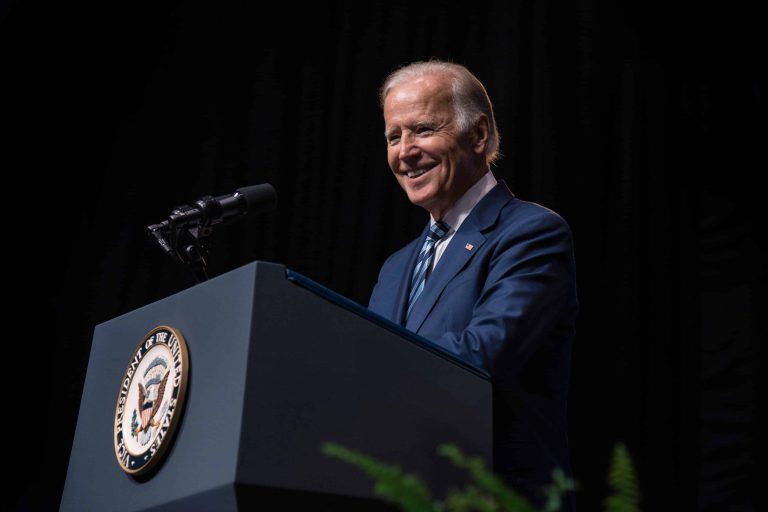President Joe Biden’s youngest brother said the president has been “very open-minded” in their conversations about therapeutic psychedelics, AP reports. During a phone interview with The Michael Smerconish Program on SiriusXM Wednesday, Frank Biden opened up about his brother’s views.
“He is very open-minded,” Frank Biden responded when probed by Smerconish about discussions with his presidential brother about the medical benefits of psychedelics. “Put it that way. I don’t want to speak; I’m talking brother-to-brother. Brother-to-brother,” Frank Biden said, hinting that the general public has more of a regressive attitude than the President. “The question is, is the world, is the U.S. ready for this? My opinion is that we are on the cusp of a consciousness that needs to be brought about to solve a lot of the problems in and around addiction, but as importantly, to make us aware of the fact that we’re all one people and we’ve got to come together.”
The phone call with Frank Biden came shortly after the host, Smerconish interviewed a journalist for the Wall Street Journal who recently wrote a viral article about how Silicon Valley entrepreneurs and workers, and the tech industry in general, use psychedelics without stigma not just because it’s fun but because it makes them better at their job and leads to breakthroughs.
People are more curious than ever about President Biden’s views on psychedelics, as the issue is gaining traction with people of all political backgrounds, from socialists to libertarians and Democrats and Republicans. In Congress, both leftist Democratic Representative Alexandria Ocasio-Cortez from New York and far-right Republican Representative Matt Gaetz from Florida have proposed similar bills regarding the role of psychedelics in treating veterans. Ocasio-Cortez introduced an amendment promoting future studies on psychedelic substances such as MDMA, psilocybin, and ibogaine. Gaetz filed an amendment to explore the therapeutic potential of magic mushrooms and MDMA for military service members.
Last week, the FDA issued the first-ever guidance for clinical studies on psychedelics for therapeutic purposes. In addition, the Senate Appropriations Committee recently approved a spending bill including an amendment allowing the U.S. Department of Veterans Affairs (VA) doctors to recommend medical cannabis for their patients in legal states. Even traditionally Republican states such as Utah and Missouri are considering commissioning studies to investigate the role psilocybin could play in treating veterans with PTSD. Earlier this year, Oregon became the first state in the U.S. to legalize the adult use of psilocybin, while last year, Colorado’s voters decriminalized psilocybin, and more states are sure to follow.
But PTSD isn’t the only medical condition that psychedelics can treat. Both ketamine and DMT show great promise in the treatment of depression. Newly published research suggests psilocybin could be an effective treatment option for individuals with obsessive-compulsive disorder (OCD). And, while many out-of-touch Americans may still associate psychedelics with the “Just Say No” era catastrophic warnings, plenty of research shows that they could actually treat addiction. Studies show that psilocybin could positively impact the treatment of alcoholism (and in case you didn’t know, the founder of AA even believed that LSD could cure alcoholism).
The research on addiction is especially important to Frank Biden, who also said in his interview that he had “done a great deal of research” on the issue “because I’m a recovering alcoholic for many, many years.” President Biden does not drink either, stating during the 2008 campaign with Obama that “There are enough alcoholics in my family.”
The Biden administration has already provided funding to the National Institutes of Health and other agencies studying psychedelic drugs’ therapeutic potential. While the White House did not respond to a request for comment to the AP’s story, Frank Biden’s words offer hope that psychedelic descheduling and even legalization could be more than a pipe dream.
